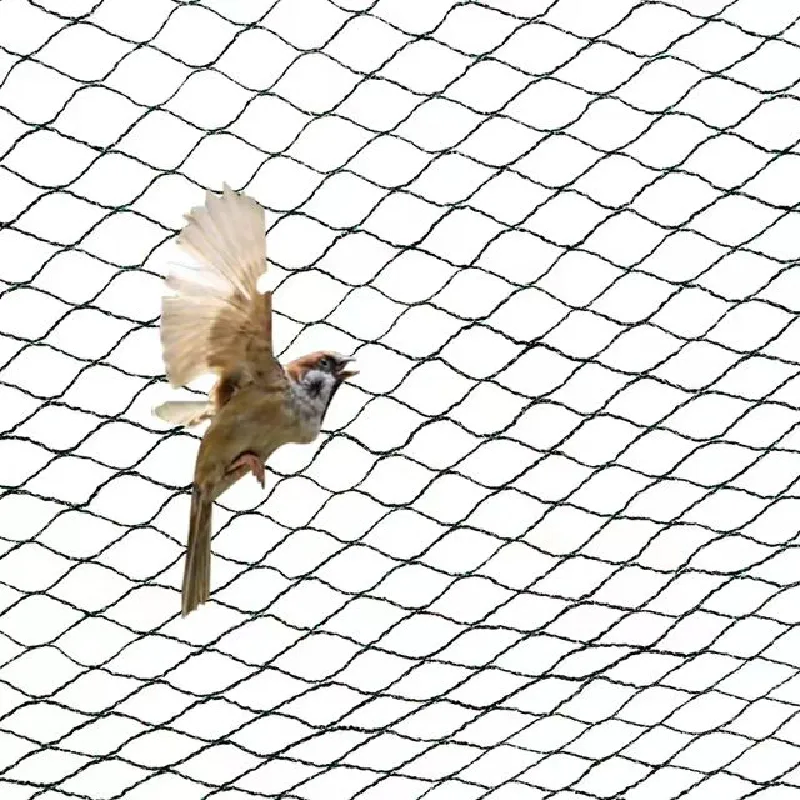-
 Afrikaans
Afrikaans -
 Albanian
Albanian -
 Amharic
Amharic -
 Arabic
Arabic -
 Armenian
Armenian -
 Azerbaijani
Azerbaijani -
 Basque
Basque -
 Belarusian
Belarusian -
 Bengali
Bengali -
 Bosnian
Bosnian -
 Bulgarian
Bulgarian -
 Catalan
Catalan -
 Cebuano
Cebuano -
 China
China -
 Corsican
Corsican -
 Croatian
Croatian -
 Czech
Czech -
 Danish
Danish -
 Dutch
Dutch -
 English
English -
 Esperanto
Esperanto -
 Estonian
Estonian -
 Finnish
Finnish -
 French
French -
 Frisian
Frisian -
 Galician
Galician -
 Georgian
Georgian -
 German
German -
 Greek
Greek -
 Gujarati
Gujarati -
 Haitian Creole
Haitian Creole -
 hausa
hausa -
 hawaiian
hawaiian -
 Hebrew
Hebrew -
 Hindi
Hindi -
 Miao
Miao -
 Hungarian
Hungarian -
 Icelandic
Icelandic -
 igbo
igbo -
 Indonesian
Indonesian -
 irish
irish -
 Italian
Italian -
 Japanese
Japanese -
 Javanese
Javanese -
 Kannada
Kannada -
 kazakh
kazakh -
 Khmer
Khmer -
 Rwandese
Rwandese -
 Korean
Korean -
 Kurdish
Kurdish -
 Kyrgyz
Kyrgyz -
 Lao
Lao -
 Latin
Latin -
 Latvian
Latvian -
 Lithuanian
Lithuanian -
 Luxembourgish
Luxembourgish -
 Macedonian
Macedonian -
 Malgashi
Malgashi -
 Malay
Malay -
 Malayalam
Malayalam -
 Maltese
Maltese -
 Maori
Maori -
 Marathi
Marathi -
 Mongolian
Mongolian -
 Myanmar
Myanmar -
 Nepali
Nepali -
 Norwegian
Norwegian -
 Norwegian
Norwegian -
 Occitan
Occitan -
 Pashto
Pashto -
 Persian
Persian -
 Polish
Polish -
 Portuguese
Portuguese -
 Punjabi
Punjabi -
 Romanian
Romanian -
 Russian
Russian -
 Samoan
Samoan -
 Scottish Gaelic
Scottish Gaelic -
 Serbian
Serbian -
 Sesotho
Sesotho -
 Shona
Shona -
 Sindhi
Sindhi -
 Sinhala
Sinhala -
 Slovak
Slovak -
 Slovenian
Slovenian -
 Somali
Somali -
 Spanish
Spanish -
 Sundanese
Sundanese -
 Swahili
Swahili -
 Swedish
Swedish -
 Tagalog
Tagalog -
 Tajik
Tajik -
 Tamil
Tamil -
 Tatar
Tatar -
 Telugu
Telugu -
 Thai
Thai -
 Turkish
Turkish -
 Turkmen
Turkmen -
 Ukrainian
Ukrainian -
 Urdu
Urdu -
 Uighur
Uighur -
 Uzbek
Uzbek -
 Vietnamese
Vietnamese -
 Welsh
Welsh -
 Bantu
Bantu -
 Yiddish
Yiddish -
 Yoruba
Yoruba -
 Zulu
Zulu
nylon net for agriculture
Nylon Net for Agriculture A Game-Changer for Modern Farming
In the ever-evolving world of agriculture, the use of innovative materials to enhance productivity and sustainability is of paramount importance. One such material making significant waves in the field is nylon netting. Known for its durability, versatility, and lightweight properties, nylon net is increasingly being adopted in various agricultural applications, proving to be a game-changer for modern farming practices.
Nylon Net for Agriculture A Game-Changer for Modern Farming
Moreover, nylon netting provides effective support for climbing plants and delicate fruits. In vineyards, for example, nylon trellis nets can improve air circulation around grapes, which is critical for preventing fungal infections. By providing the necessary structure for growth while minimizing damage, nylon nets help in cultivating healthier and higher-quality produce, which is vital for preserving agricultural productivity.
nylon net for agriculture

Another notable use of nylon netting is in the protection of young plants during the early stages of growth. Seedlings can be particularly vulnerable to pests and harsh weather conditions. By using nylon nets to cover young plants, farmers can create a protective microclimate, promoting growth while allowing sunlight and water to penetrate. This method not only improves survival rates but also accelerates the maturation process, leading to earlier harvests.
The versatility of nylon nets extends beyond crop protection. These nets are also widely employed in aquaculture, helping to support and enclose fish populations in controlled environments. In this context, nylon nets offer an ideal solution due to their resistance to rot, UV degradation, and tearing, making them suitable for both freshwater and marine environments. By ensuring healthier fish stocks and reducing contamination risks, nylon netting plays a crucial role in sustainable aquaculture practices.
Additionally, the lightweight nature of nylon nets simplifies handling, installation, and maintenance for farmers. Unlike heavier materials that may require specialized equipment, nylon nets can be easily transported and deployed, reducing labor costs and allowing farmers to focus on more critical tasks. Furthermore, their durability means that they can be reused multiple times, contributing to cost savings over the long term.
In conclusion, nylon netting is transforming the agricultural landscape by providing innovative solutions that enhance crop protection, improve growth conditions, and support efficient practices across various farming sectors. As more farmers recognize the benefits of this versatile material, the future of agriculture looks promising, paving the way for sustainable development and increased food security. With nylon netting, farmers are better equipped to meet the challenges of modern agriculture, ensuring a resilient and productive food system for generations to come.
-
Shipping Plastic Bags for Every NeedNewsJul.24,2025
-
Safety Netting: Your Shield in ConstructionNewsJul.24,2025
-
Plastic Mesh Netting for Everyday UseNewsJul.24,2025
-
Nylon Netting for Every UseNewsJul.24,2025
-
Mesh Breeder Box for Fish TanksNewsJul.24,2025
-
Expanded Steel Mesh Offers Durable VersatilityNewsJul.24,2025











